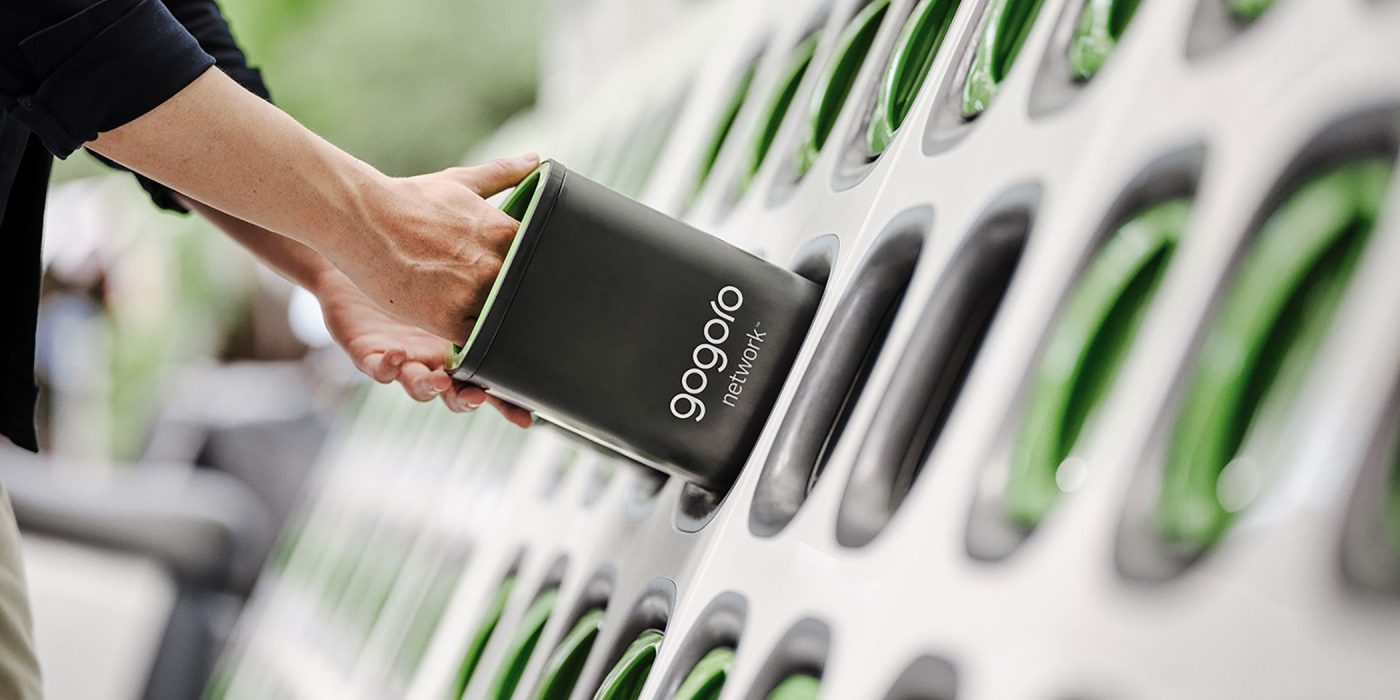
Those who have been hoping to see battery-swapping leader Gogoro bring its electric scooters to the Western world can finally rejoice. The company has just announced its first expansion in the Americas, though you may want to brush up on your Spanish. South America will be the first to receive Gogoro’s scooters and battery-swapping network.
Gogoro will head off its South American operations by partnering with the Latin American energy company Copec to launch its battery-swapping network and Gogoro Smartscooters in Chile and Colombia.
The first scooters and battery-swapping GoStations in South America will become active in Q2 of 2024. They will be available both for commercial use with delivery riders as well as for private consumers.
“Our partnership with Copec, a major Latin American energy company, is an important milestone in our mission to transform urban transportation around the world. Together, we will provide an accessible path for both consumer and delivery riders to adopt sustainable urban mobility and play a key role in battling climate change and making the world better for all,” said Horace Luke, founder and CEO of Gogoro. “On average, last-mile delivery riders ride more than six times the distance as consumer riders, so enabling these delivery riders to adopt smart, sustainable electric transportation can have an accelerated impact on cities.”
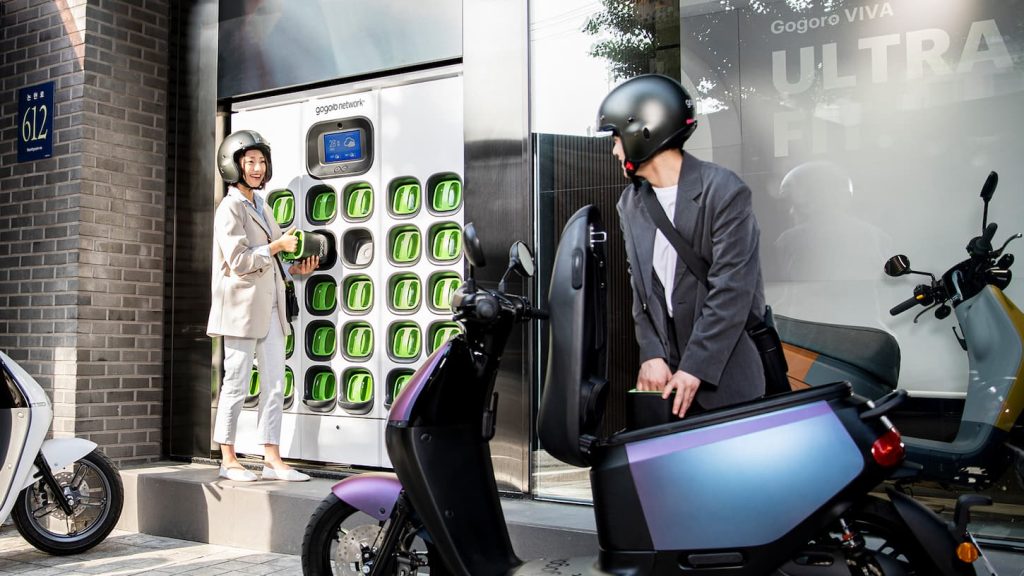
Gogoro first rolled out its battery-swapping system for electric scooters in 2015, quickly establishing it as a leading standard with over a million batteries produced and nearly half a million battery swaps performed every day.
Starting in Taiwan, Gogoro has since expanded to China, India, Indonesia, Israel, Singapore, South Korea, and The Philippines. Now Chile and Colombia will join the growing list, representing the first two countries in the Americas to receive Gogoro scooters.
Gogoro is partnering with Copec to develop a Latin American network of battery-swapping stations that will launch at Copec service stations in Santiago, Chile. Gogoro is also working with Terpel to operate battery-swapping stations at service stations in Bogota, Colombia.
In the past, Gogoro has operated limited pilots in new countries to test the waters before committing to full-scale commercial rollouts. This time though, Gogoro has skipped the pilot and is immediately starting with commercial operations, perhaps indicating growing momentum following the company’s wide international rollout successes over the past several years.
And that news likely couldn’t come soon enough for riders in Chile and Colombia.
“The implementation of Gogoro’s battery swapping system in Chile and Colombia is our first entry into two-wheel electric mobility, which means that sustainable mobility will reach many more segments of the population,” said Arturo Natho, CEO of Copec. “The partnership with Gogoro will allow us to extend the benefits of electrification and generate a positive impact on people through this pioneering service in the region.”
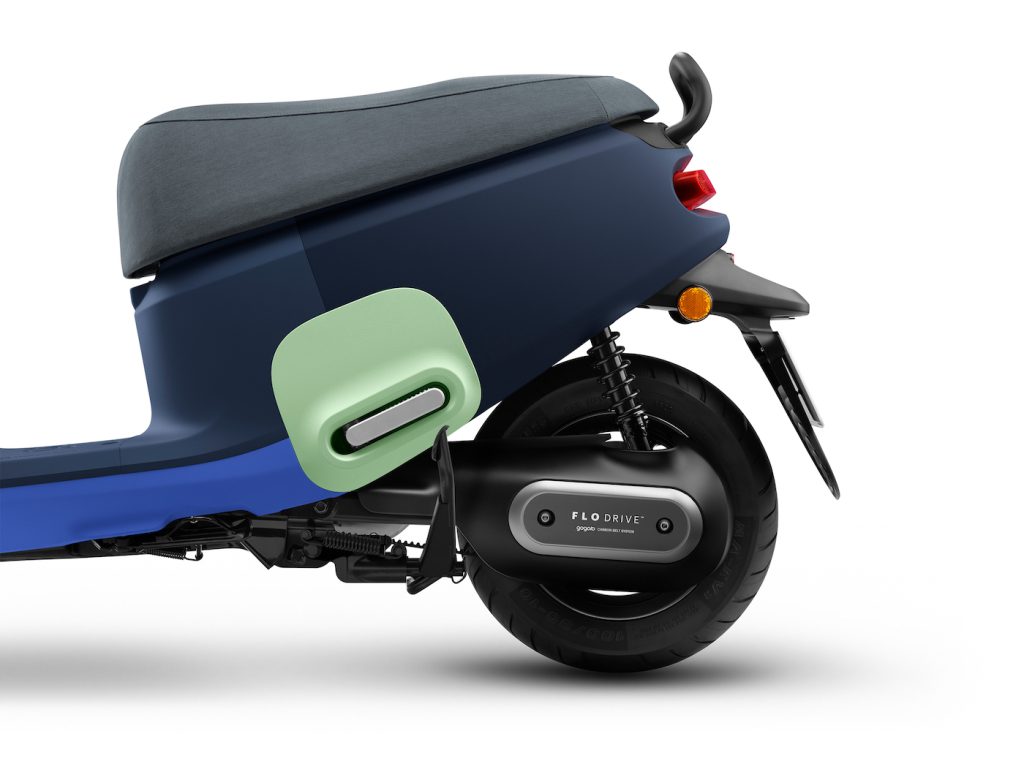
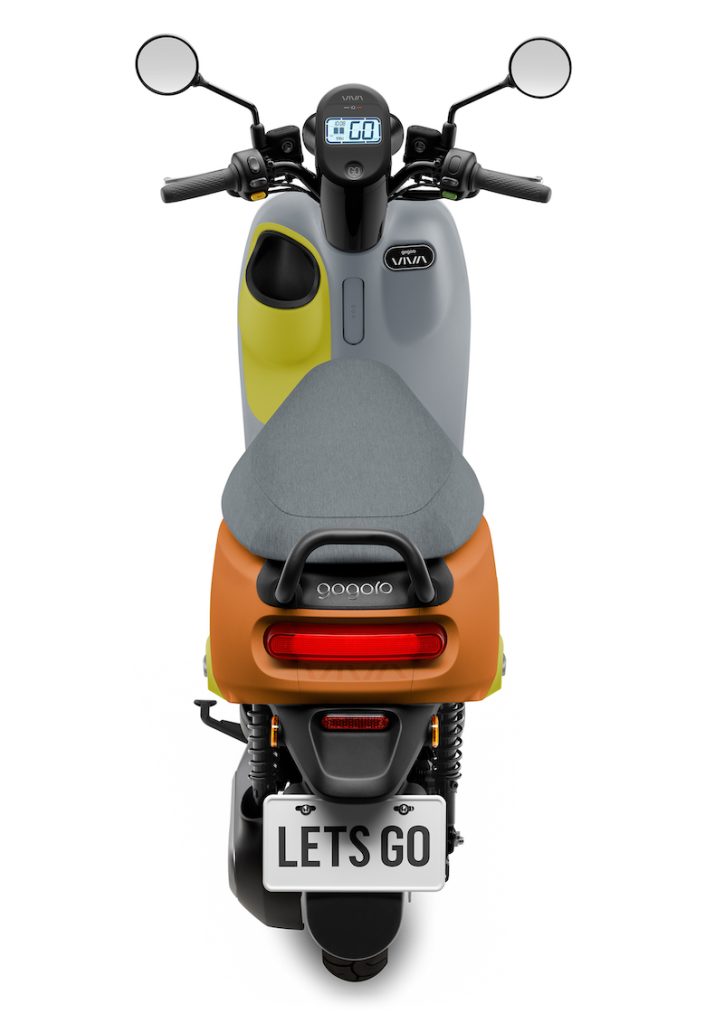
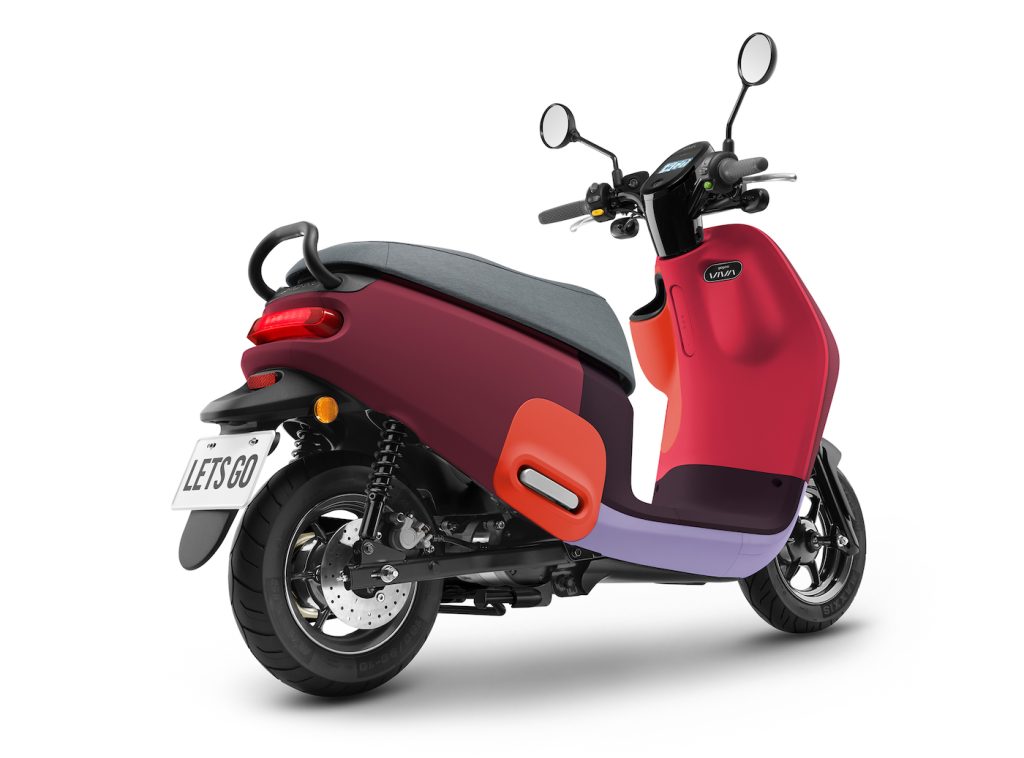
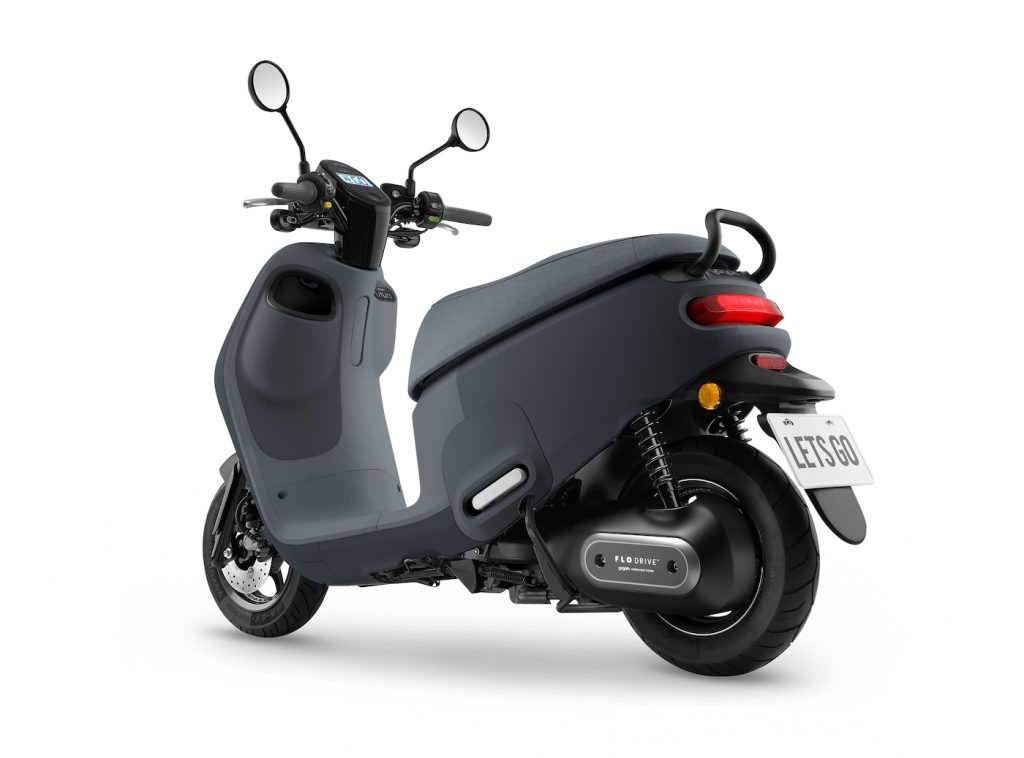
South America doesn’t have the same levels of motorbike ridership as Asia, but still shares a heavily two-wheeled culture. And of keen interest to Gogoro, the percentage of riders in much of South America is actually growing at a higher rate than in much in Asia, indicating a booming market for two-wheelers.
Gogoro’s modus operandi has long been to seek out countries with high rates of motorcycle ridership and deploy its successful alternative to combustion engine scooters: Gogoro Smartscooters with battery swapping. While some smaller battery-swapping networks have emerged in South America, Gogoro’s is by far the largest worldwide and is seen as a defacto standard in the industry.
FTC: We use income earning auto affiliate links. More.








